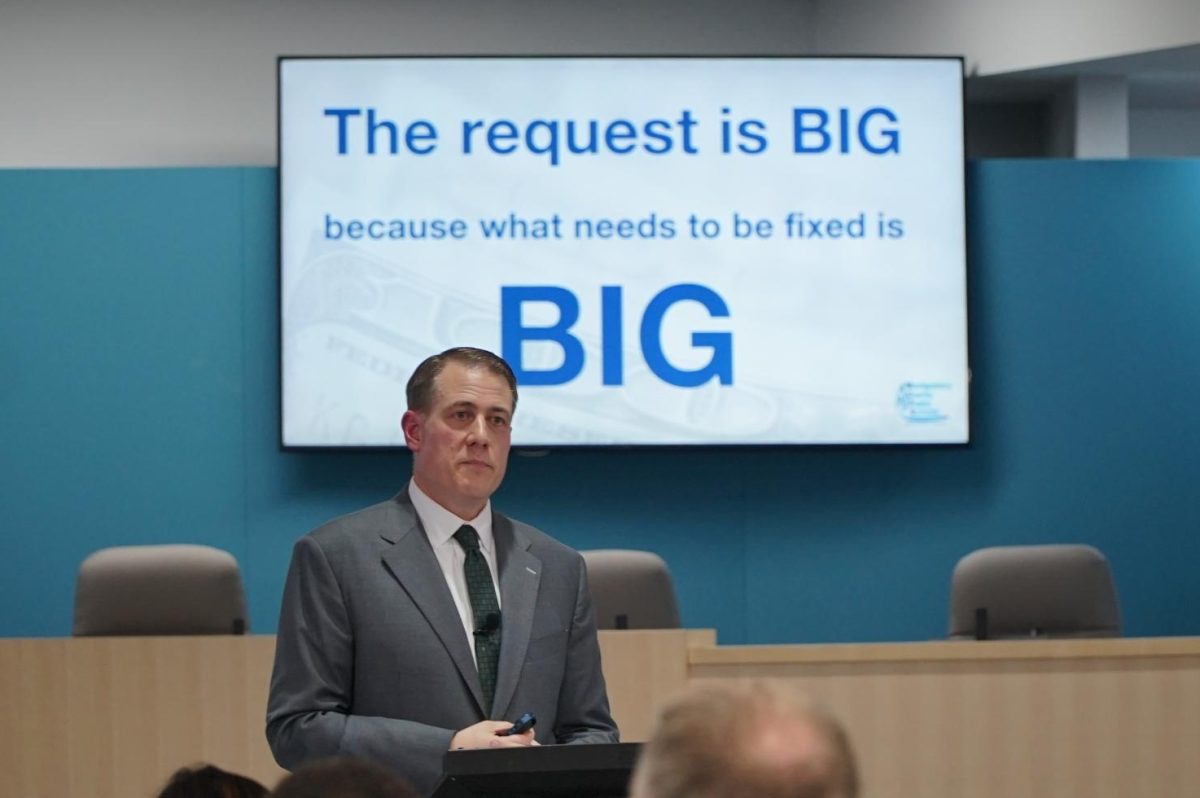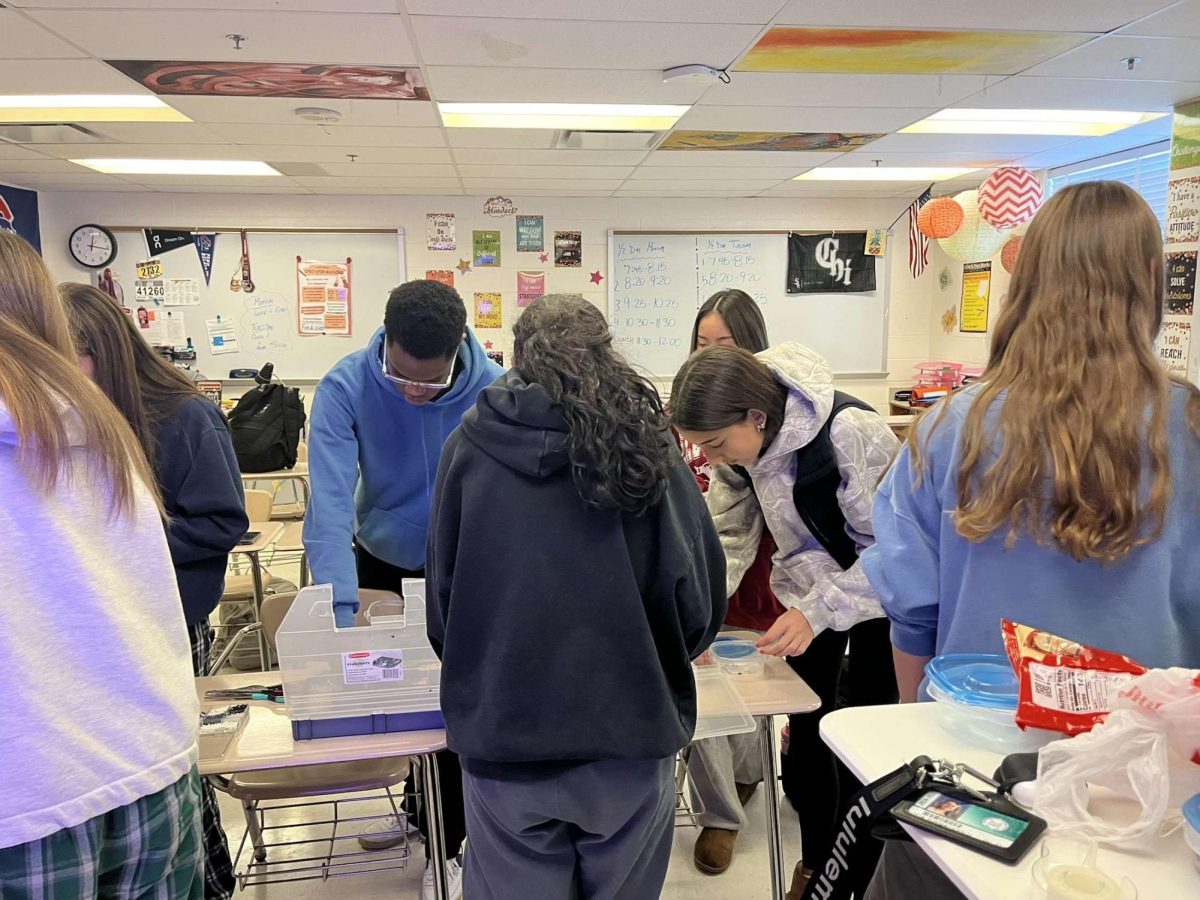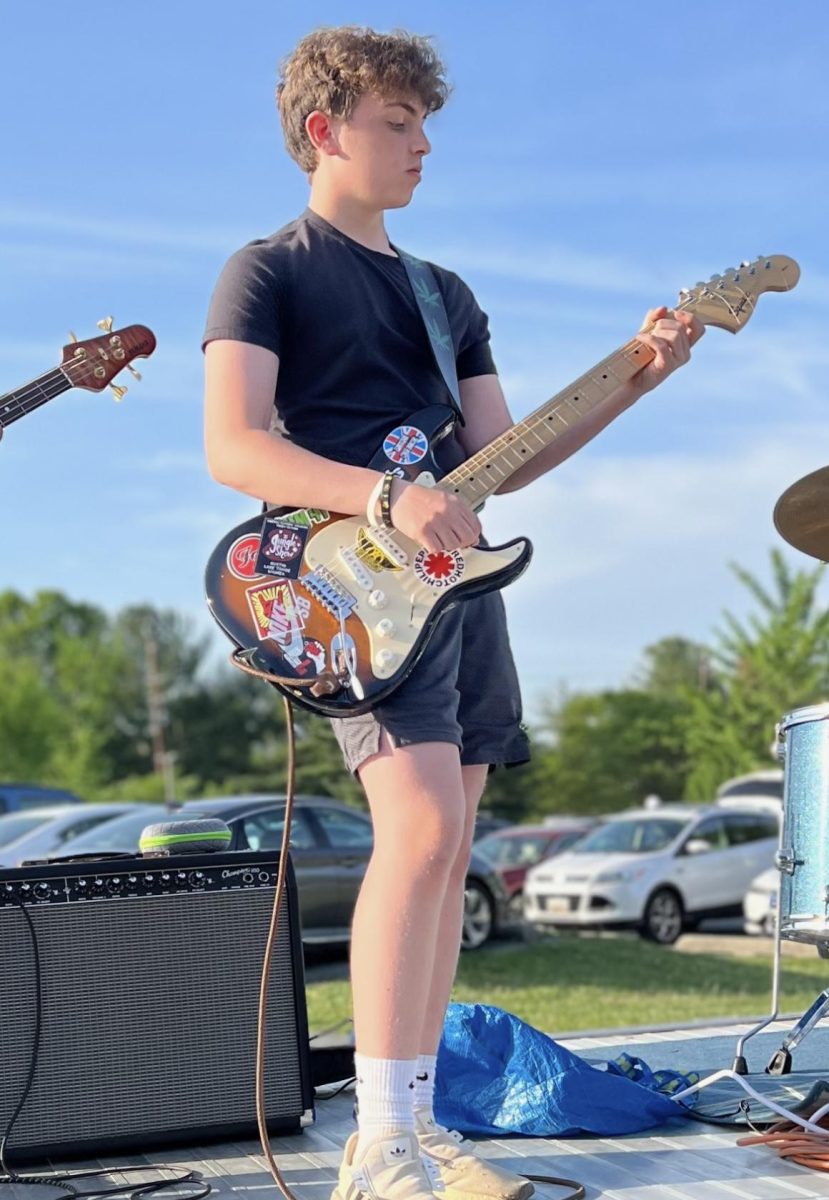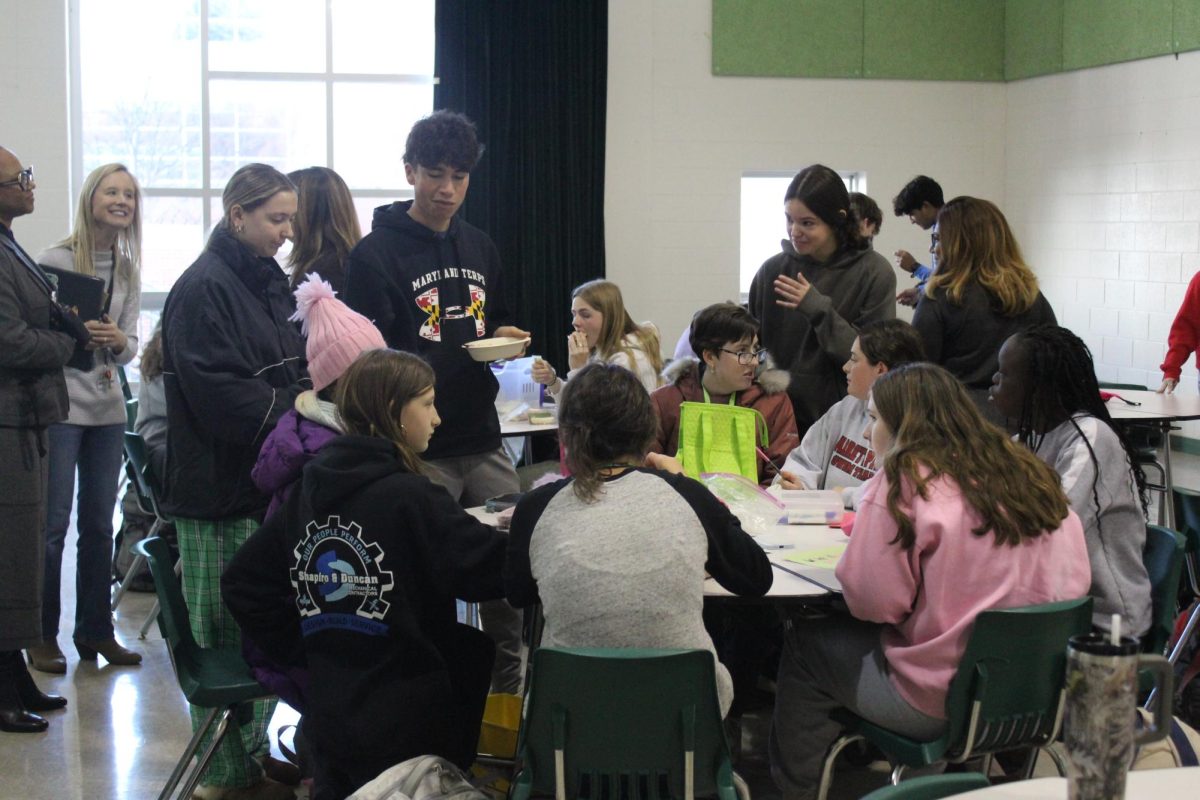Sources of Strength raises awareness for Suicide Prevention Month
One hundred twenty three is the approximate number of Americans who die by suicide every day, according to save.org. That’s about 44,895 Americans per year. It is the 10th leading cause for death in the US for all ages, and 7 in 100,000 teens ages 15-19 die by suicide each year. The month of September is dedicated to suicide prevention and awareness, which is crucial, especially during a pandemic.
Many teens and adults around the world suffer from depression and suicidal thoughts, even more so during a hard and isolating time like the current global pandemic. The National Alliance on Mental Illnesses, or NAMI website states that in 2019, the Health Resources and Services Administration described a “loneliness epidemic” as an increasing societal health concern, and this loneliness would be even more damaging considering the fact that everyone is isolated right now due to covid-19.
In our community, a lot is being done to educate people about suicide and help those who might be suffering from depression and suicidal thoughts. Recently, WJ has hired a new school psychologist, and WJ club, Sources of Strength, has done a lot to raise awareness about suicide and depression this year and in the past.
“We’ve been having campaigns…..we’re creating posters… about warning signs, or about ways to get help, ways to reach out, helplines, things like that. And really just to help them, to help everyone in general gain more awareness, but to also zone in on people who actually need help right now,” Sources of Strength officer senior Vainavi Gambhir said.
Many teens nowadays who suffer from depression or suicidal thoughts don’t know where to go or who to reach out to. A school psychologist, a counselor or a friend is always a good place to go when you need someone to talk to. However, most parents and peers don’t know how to talk to those who are struggling, and often say something, that although seems harmless, can have a big impact on the person.
“I think educating themselves about what depression is, what suicidal ideation is….. I’m sure people or family members who tell their kid to just get over it, like there is very well intentions, right, they’re just saying, you know, you can do this, you can get over it, but that leaves someone feeling really hopeless cause maybe they don’t know how to get over it, it’s not that easy… So I would think first and foremost educating yourself about kind of like the ‘do’s and don’ts’ of having someone in your family with depression,” WJ’s school psychologist Kimberly McGonigle said.
Some warning signs include social withdrawal, substance abuse, grades dropping, thoughts about suicide and physical symptoms of being depressed, such as stomach aches and fatigue.
One of the most important tools for coping with depression or suicidal thoughts is making sure that you have a strong support group who can help you and who you can reach out to in a time of need. Some people don’t reach out because they are intimidated by the adult they want to reach out to, but you can also talk to a peer or a family member.
“Everybody who’s in the club is just so caring for each other and they are really here to help each other and I think that also reflects on the WJ like community as a whole, one thing I’ve definitely learned is you can reach out to anybody at school and you’d get either great advice or support or just somebody who’ll listen to your problem and will offer you advice,” Sources of Strength Vice President, senior Bridget Fannon said.
It is important to know where to get help for yourself or for a peer or family member who is struggling. You can talk to your counselor, the school psychologist or even an anonymous person on a hotline. A few hotlines are: the National Suicide Prevention Lifeline (800-273-8255), the Safe Schools Maryland hotline (833-MD-B-SAFE) and a hotline where you can text or chat rather than call is the 211 lifeline (301-738-2255 suicide prevention lifeline chat).













